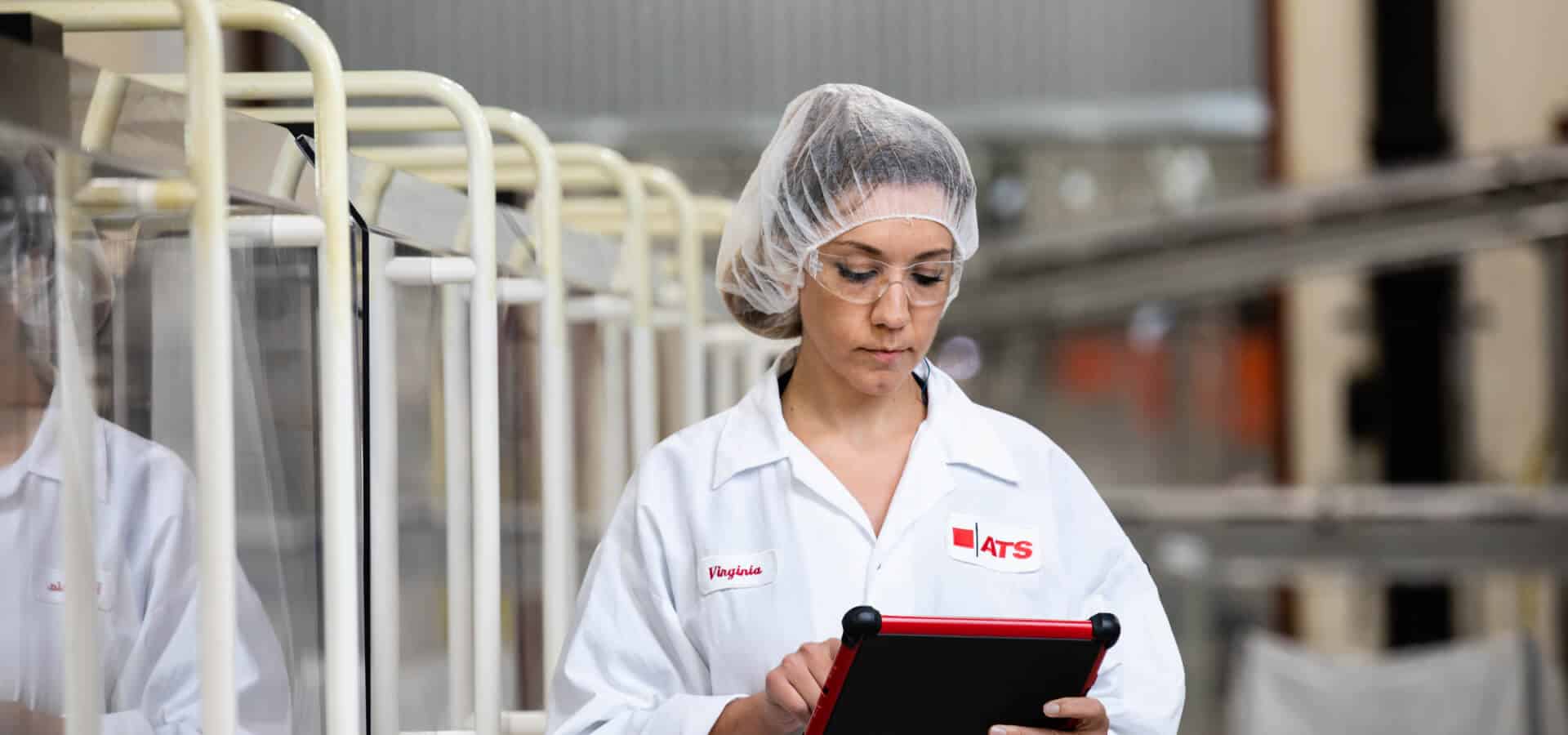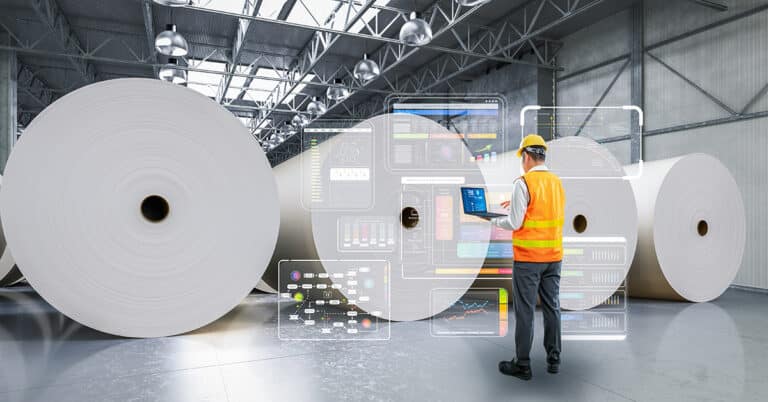The importance of equipment reliability, streamlined operations, and efficient machine and inventory processes has never been greater than it is today — for facility operations and their customers. Manufacturers are constantly in search of better margins and bottom-line improvements, while customers increasingly seek higher quality at reasonable costs. Plant maintenance is one way of helping manufacturers achieve these goals.
What is plant maintenance? It is a multifaceted, integrated strategy that focuses on optimizing productivity by maximizing equipment uptime, boosting overall equipment effectiveness (OEE), improving inventory management, and introducing automation — all while keeping costs to the minimum necessary to achieve these production and quality objectives.
What does plant maintenance include?
Now that you can define plant maintenance, we will examine the principles that go into a sound plant maintenance strategy. While there are a broad range of processes, tasks and systems that can play a role in plant maintenance — and which should be tailored for every facility and application — these are among the baseline services that nearly every plan will include:
- Preventive maintenance: Scheduled, preventive maintenance is an excellent first line of defense against equipment breakdowns. It also helps to keep machinery running at peak performance more frequently. Preventive maintenance should be carried out at least as often as the equipment manufacturer recommends, and even more frequently if your requirements or usage patterns warrant it
- Predictive maintenance: Predictive maintenance is a data-based maintenance approach that uses sensors and equipment communication to identify potential maintenance problems as early as possible, well before they lead to breakdown. Predictive maintenance includes steps such as vibration monitoring and ultrasonic monitoring to detect minuscule deviations from normal operation — providing much greater control over maintenance tasks and planning.
What are the benefits of plant maintenance?
Plant maintenance provides numerous benefits for the facility — all centered-on productivity, efficiency, and cost optimization. These benefits include:
- Reduced downtime: Downtime is one of the biggest efficiency issues in manufacturing and industry, creating production backups while building the vast costs of idle equipment. Plant maintenance zeroes in on the causes of unexpected downtime, often reducing these events to near-zero, through a comprehensive, holistic approach to maintenance that introduces more proactive tactics that provide data and knowledge with which to act.
- More control over maintenance: By seeking to eliminate purely reactive maintenance, plant maintenance provides facility managers, operators, and maintenance personnel with a much greater degree of control over maintenance costs and planning. Plant maintenance accomplishes this in several ways:
- First, by taking a predictive approach using sensors and data, personnel can identify potential issues well before they create shutdowns and downtime and can then schedule the corrective maintenance task to have minimal impact on production.
- Second, by adhering to a strict preventive maintenance schedule, the groundwork is set for proactive maintenance, and procurement can more accurately place orders and maintain inventory.
- Finally, by reducing or eliminating unexpected downtime, there is a much lower need for costly emergency maintenance ordering and repairs.
- Higher production quality: By keeping equipment closer to optimal working order through maintenance, plant maintenance yields the following:
- Higher production quality
- Increased repeatability
- Fewer part defects and rejections
- Less need for rework or corrective secondary processes
- An overall improvement in production processes and efficiency
Increased production quality not only improves efficiency in the facility, but also makes for much happier customers — especially when delivered on time and on budget.
- More targeted and efficient maintenance: Predictive maintenance offers the benefit of addressing actual maintenance issues well before they lead to downtime. While preventive maintenance remains a critical step in the process, it also occurs whether it is required — creating the potential for wasted time and costs. Reactive maintenance, at the other end of the spectrum, only occurs once a breakdown or malfunction occurs — leading to idle equipment, a rush to repair, and lost production time and profit.
- More accurate and efficient inventory systems: Storeroom management is a key component of plant maintenance because of the efficiency and productivity boosts that it can provide. Once a plant maintenance plan is implemented, inventory systems are often significantly affected and improved, due to the inherent difficulties in maintaining an effective inventory plan on the ad-hoc or under-resourced basis that occurs in so many facilities.

Plant maintenance places great importance on inventory due to the need to have accurate part counts; spare part availability; a central, organized inventory location; and fast, efficient repairs when needed. The return on investment that an effective inventory system provides justifies any additional resource costs in managing these systems.
Who benefits from plant maintenance?
Plant maintenance can benefit any industry and facility that operates industrial or manufacturing equipment — yielding major operational efficiencies, production streamlining, process improvements and bottom-line benefits.
Some of the key industries where this is especially true are:
- Aerospace
- Automotive
- Building Products
- Consumer Packaged Goods
- Heavy Equipment
- Paper & Pulp
- Power Distribution
- Tire and Rubber
Helping manufacturers around the world
Advanced Technology Services is a global leader in helping manufacturers improve uptime, productivity and reliability through industrial maintenance and MRO asset management. We provide plant maintenance solutions customized to the needs of your operations and immediate/long-term objectives, including services that will help provide the benefits described above.
To learn more, contact ATS today.






